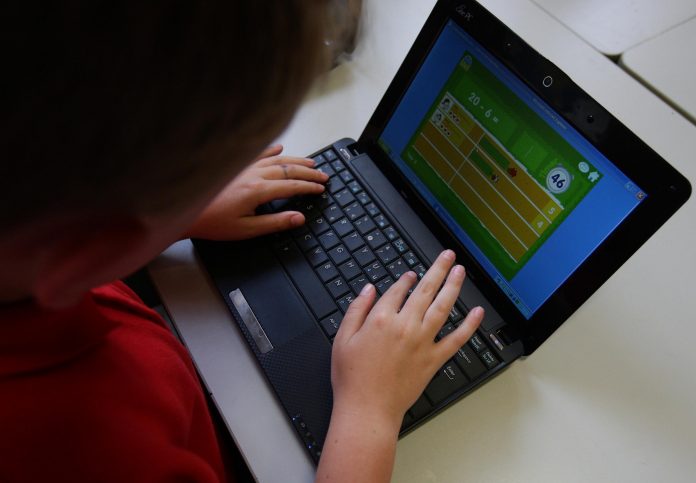Dozens of other laptops and tablets have been made available to disadvantaged children by Cheshire East and Cheshire West and Chester, the board of education, in the past few weeks.
However, the School and University Directors’ Association said progress had been “painfully slow” and students who needed laptops during the lockdown had been back in the classroom for more than a month.
Data from the Department of Education shows that by April 8, the government had sent 2,361 laptops and tablets to the Cheshire East Council or its running schools.
That was 79 more than reported by March 14 – an increase of three percent.
Meanwhile, by the same date, the government had sent 4,475 laptops and tablets to Cheshire West and Chester Council or its running schools.
That was 90 more than reported by March 14 – an increase of two percent.
Across England, 99.7 percent of the 1.3 million laptops and tablets the government has promised to “get help with technology” were distributed to disadvantaged young people during the pandemic.
The figures do not include devices associated with academy trusts as they are not managed by the local authorities.
ASCL General Secretary Geoff Barton said: “The government has promised for months to deliver 1.3 million laptops to schools and we are now excruciatingly close to achieving that goal.
“We do not underestimate the extent of the government’s logistical work, but the truth is that they have been slow to react in the first place, slow to start and slow progress since then.”
Barnardo said that while steps were being taken to make technology available to some of the poorest students, there were families who still struggled with not having access to online services.
Javed Khan, the charity’s executive director, said: “Barnardo has partnered with Vodafone on the Great British Tech Appeal to deliver laptops and bundles of data to families forced between feeding their children, heating their homes and paying important data to decide.
“Now we would like to urge the government to work with local authorities, charities and corporate partners to develop a clear strategy to eradicate digital poverty in the near future.
“This is central to improving the odds for everyone.”
The DfE said the devices provided are vital to ensure children and youth continue to have access to education and social care during the pandemic, and it will give schools flexibility to decide how best to use them in the future become.
The number of laptops and tablets allocated to schools was determined by calculating how many children were eligible for free school meals and using an estimate of the devices the school and children already had, although schools may request additional devices .
In addition to laptops and tablets, the Cheshire East Council was given 194 4G WiFi routers to help families with limited internet access.
In Cheshire West and Chester there were 244.

